
A Proliferation of Summer Undergraduate Research
Summertime in Pittsburgh traditionally ushers in a flurry of out-of-class activities for students at Carnegie Mellon University. Many of them disperse, traveling home, studying abroad, or for some mathematics undergraduates, interning in the finance industry on Wall Street. But, this year, as the global coronavirus pandemic brought the world to a screeching halt, many students found that their summer programs had been canceled. However, in true Tartan spirit, they were eager to have the productive summer they had been planning. Answering this call, the Department of Mathematical Sciences curated a brand new summer program: Summer Experience in Mathematical Sciences (SEMS).
The SEMS program is an exciting new addition to the Carnegie Mellon menu of undergraduate summer programs in which math students can participate. These include the Summer Undergraduate Research Fellowship (SURF), Summer Undergraduate Applied Mathematics Institute (SUAMI) and Mathematical Finance Summer Undergraduate Research Program (MFSURP). Similar to SUAMI and MFSURP, SEMS is a math-only experience, administered by the Department of Mathematical Sciences. Even more, SEMS is not strictly a research-based program. It also includes in-depth reading groups and weekly seminars, which students can participate in alongside their projects. The variety of experiences afforded students who were expecting to have internships in areas like math finance and software engineering the opportunity to stay engaged in mathematics over the summer. Many of the participants described it to be a meaningful and enjoyable way to spend their time.
“I applied to the research program because I really wanted to see how math research is conducted, and what questions people think are interesting,” said mathematical sciences major Xinjie He. He continued, “I was also introduced to a new area and frontier questions in math, and some advanced techniques that I may not be able to learn in classes.”
In line with departmental goals, the research projects were intellectually diverse and included both applications of mathematics and pure mathematics research. While some students were concerned with gaining research experience for potential careers in academia, others were greatly invested in industry-related topics.
“I’ve had the good fortune to work with Professor [Hayden} Schaeffer, whose guidance has been critical in figuring out my career path, as the research I’ve done with him always involved practical applications of math and bits of machine learning. It’s largely due to my research with Professor Schaeffer that I feel like I know what it means to be an applied math major,” said student Hannah Milano.
“It’s always a pleasure to watch my students grow as researchers over the course of the summer program. Getting to continue this tradition during the chaos of the pandemic was a much needed morale booster for me.”
– Ian Tice
Participants also found SEMS to lay insightful groundwork for more rigorous research.
“I’m glad I did the program because I used to be really intimidated by math research, but now it seems more approachable, and I feel like I know a little bit more about what I can expect I will be doing when I do research for my master’s thesis,” junior Carolyn Lee said.
Though the summer of 2020 brought about many changes in procedure for Carnegie Mellon, the Department of Mathematical Sciences found a way to use it to provide more opportunity for our undergraduates. We are looking forward to resuming on-campus research and study when conditions allow.
■ Colleen Storm
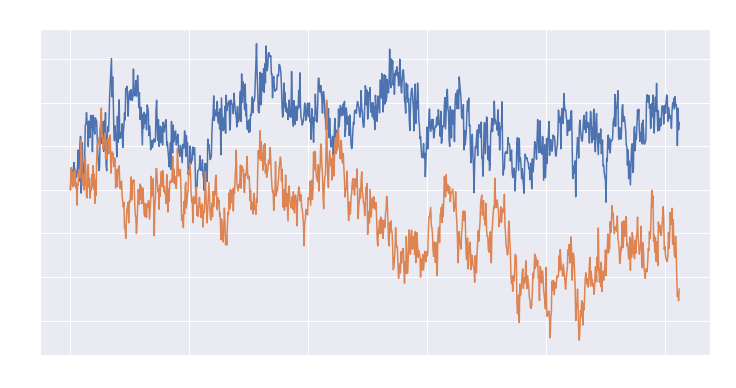
Figure 1: Image from the SURF project of Yidan Hu

Figure 2: Image from the SURF project of Eugene Lee
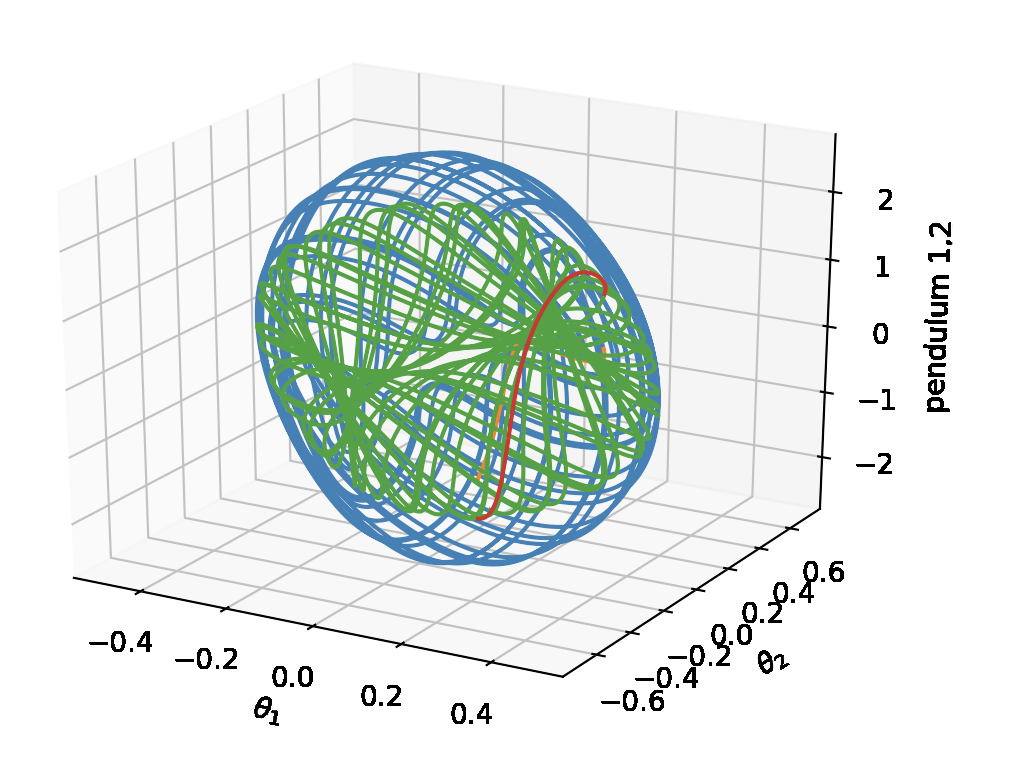
Figure 3: Image from the SURF project of Venessa Jiang and Ben Yuan
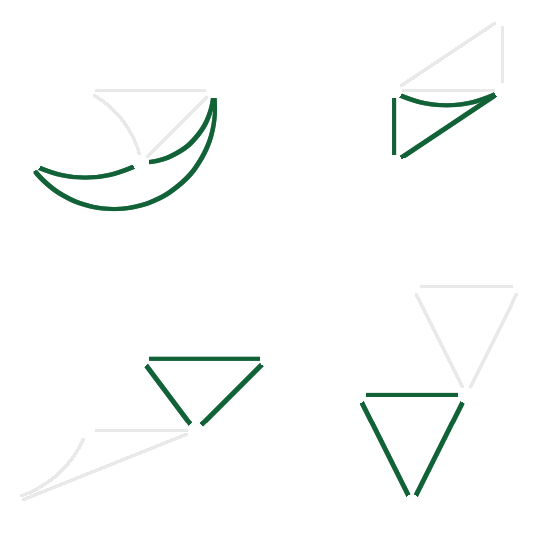
Figure 4: Image from the SURF project of Chloe Ireland
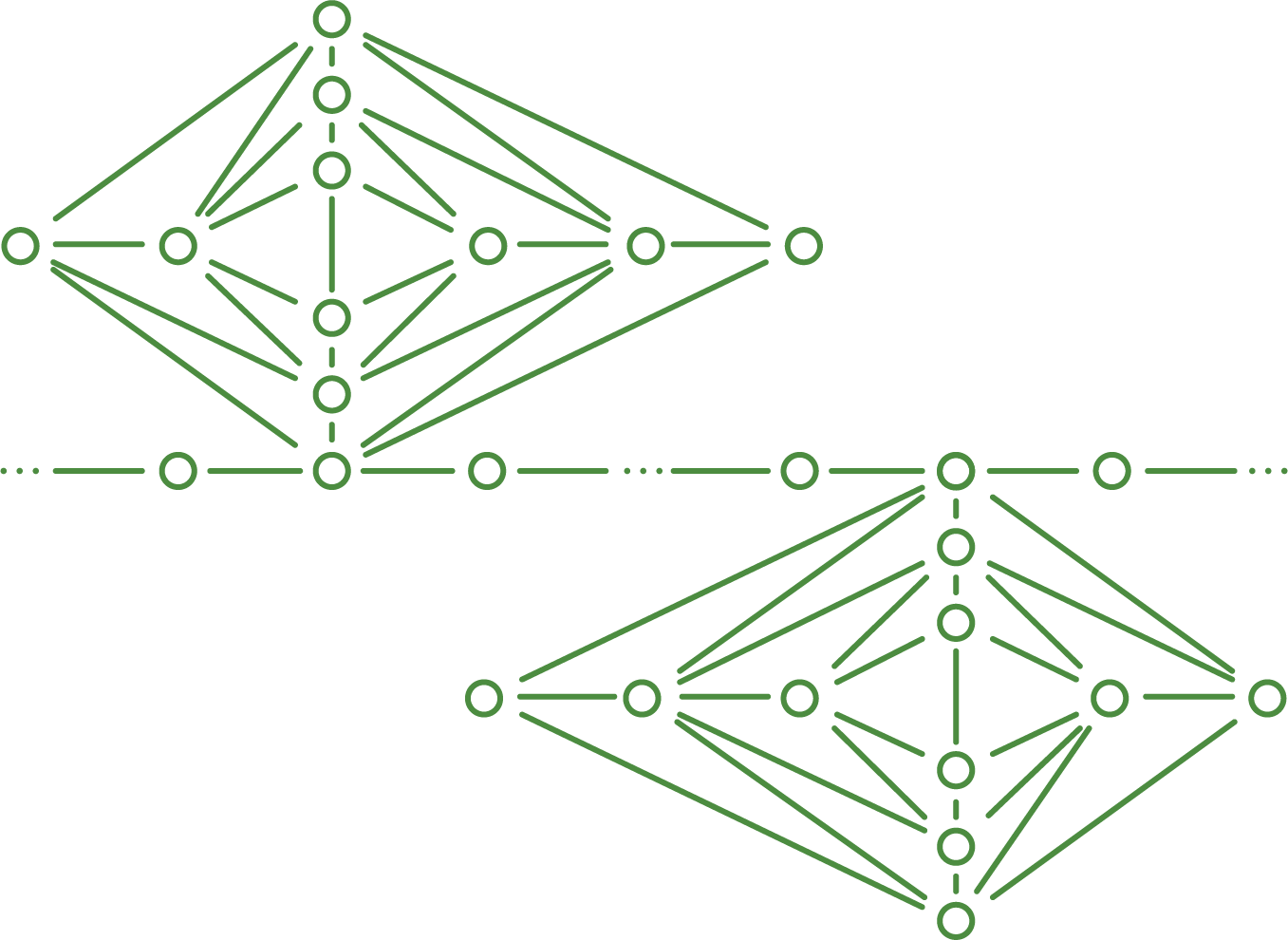
Figure 5: Image from the SURF project of Minsung Cho
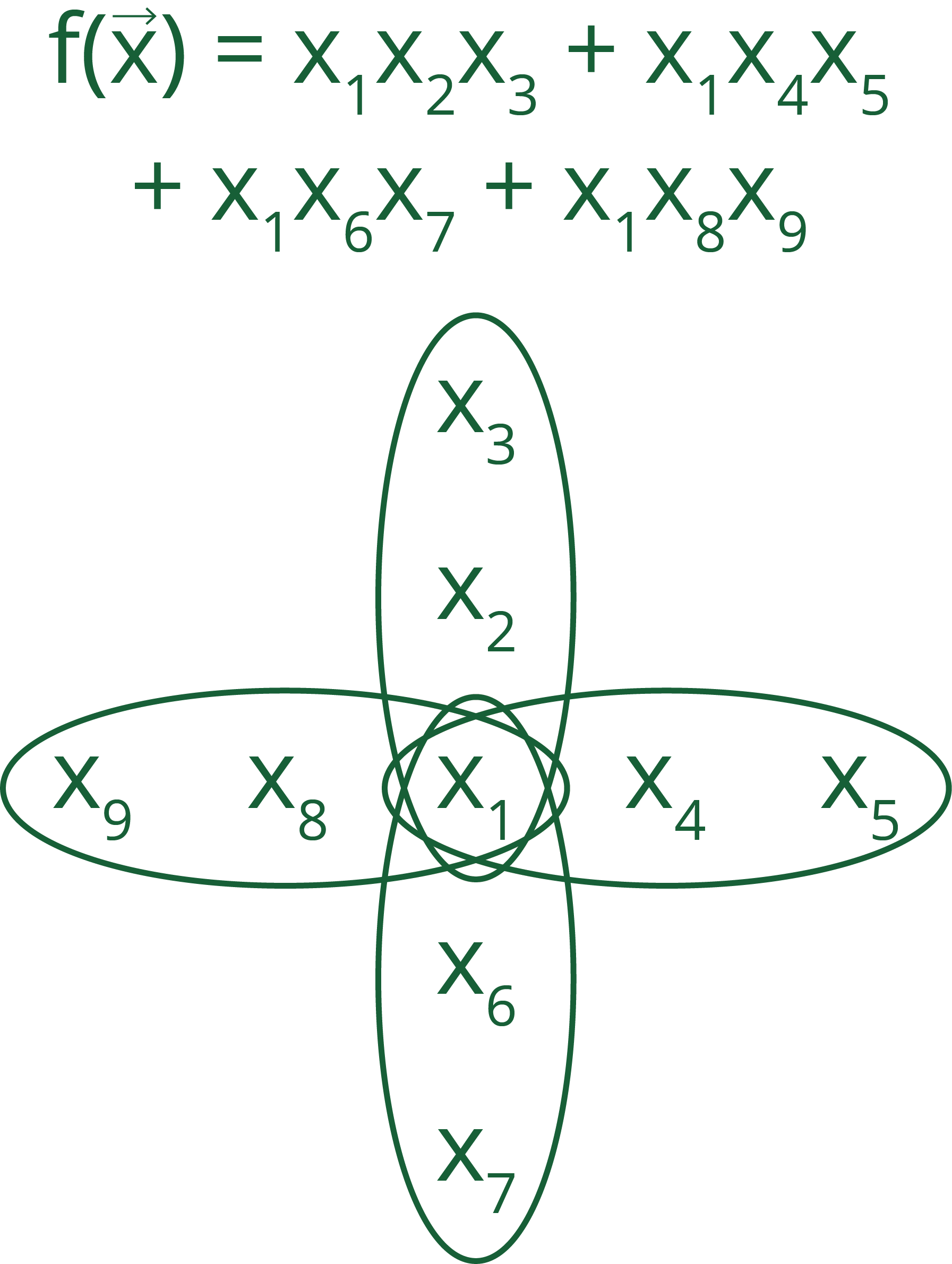
Figure 6: Image from the SURF project of Shanjiawen Zhao, Kevin Zhou and Vinod Krishnamoorthy
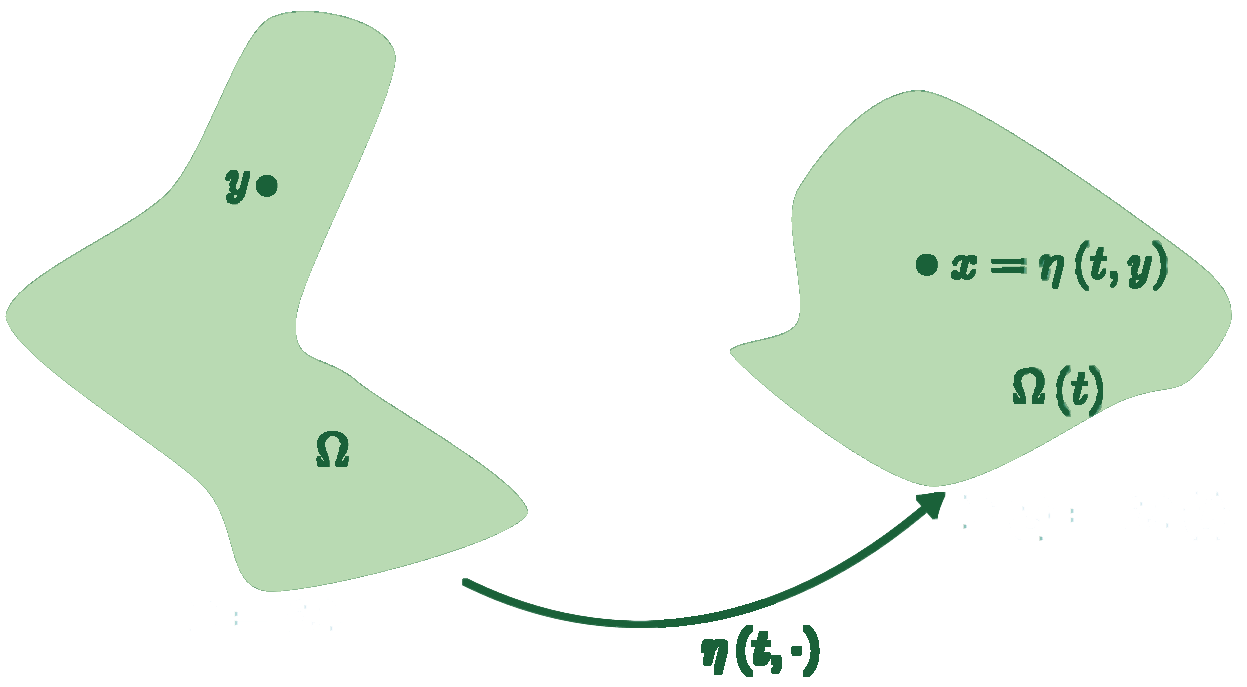
Figure 7: Image from the SURF project of Jonathan Jenkins, Carolyn Lee, Yuxuan Liu, Ethan Lu and Desmond Reed
Andreev Memorial Endowed SURF
Elizabeth and Konstantin Andreev are lifelong math lovers. In fact, as a high school student Konstantin attended a math-focused school in Sofia, Bulgaria, with the full support of his father. Later, in 2002, Elizabeth and Konstantin met at Carnegie Mellon while enrolled in mathematics degree programs. Elizabeth was an undergraduate in the department, and Konstantin was a Ph.D. student in Algorithms, Combinatorics and Optimization.
Their commitment to mathematics has served as a tether to the academic world, which they departed from after graduation. Always interested in the goings-on of the Department of Mathematical Sciences, the Andreevs make a point to stay informed about the stellar accomplishments of the faculty and students. Specifically, they find student performance in renowned mathematics competitions highly impressive. Our Summer Undergraduate Research Fellowship (SURF) is no exception to their attention. Year after year, the SURF program churns out serious and competitive undergraduate research in mathematics, which is exciting for both the Andreevs and the department.
“In 2016, we were looking to make a more meaningful gift to an organization, and Carnegie Mellon was a top contender from the beginning, due to our engagement with the department and our ability to be involved in how the contribution would be used,” Elizabeth said.
The SURF program offered up a lot of potential for this contribution. As previous students, the Andreevs understand the benefit of such a unique, research-based program for budding mathematicians.
“Konstantin in particular, having done a Ph.D., feels it’s very valuable for undergrads to have a testing ground for how research works,” Elizabeth said.
Every summer, the Andreev Memorial SURF endowment will provide a stipend of $3,500 for a student pursuing summer research in mathematics. Eugene Lee was the inaugural recipient of the award; he completed a research project entitled, “The Invisible Search Game” under the direction of Anton Bernshteyn. The Andreevs made this endowed gift in memory of Konstantin’s father, Andrei, who was a researcher at the Bulgarian Academy of Sciences.
Summer 2020 Undergraduate Research Projects
SURF Projects
Neil Chen, Daria Mashanova, Hannah Milano and Mukund Subramaniam
Neural Network Based Model Approximation for Discovering Dynamical Systems
Advisor: Hayden Schaeffer
Zhijie Chen
Numerical Scheme for Allen-Cahn Equation and its Energy Stability
Advisor: Franziska Weber
Minsung Cho
Weakly Cop Win Infinite Graphs
Advisor: David Offner
Yidan Hu
Self-Avoiding Property of Multi-Dimensional Gaussian Processes
Advisor: Jiawei Li
Chloe Ireland
Improving the Ramsey Bounds on Berge-K3 Hypergraphs
Advisor: Tom Bohman
Jonathan Jenkins, Carolyn Lee, Yuxuan Liu, Ethan Lu and Desmond Reed
Surfactant Dynamics from the Arnold Perspective
Advisor: Ian Tice
Eugene Lee
An Invisible Search Game
Advisor: Anton Bernshteyn
Alexander Lum-Havrilla
Khinchin-Type Inequalities
Advisor: Tomasz Tkocz
Anrey Peng
Nonlinear Cantilever Limit Cycle Oscillations
Advisor: Jason Howell
Fei Peng
Lonely Runners and Coprime Mappings
Advisor: Tom Bohman
Noah Stevenson
Traveling Wave Solutions to the Multilayer Free Boundary Incompressible Navier-Stokes Equations
Advisor: Ian Tice
Zimu Xiang
Upper Bound of the Expectation of the Longest Common Sequence for a Large Alphabet
Advisor: Boris Bukh
Zhuqing Yang
Particle Filtering Method and its Application in Heat Diffusion Problem
Advisor: Yu Gu
Shanjiawen Zhao, Kevin Zhou and Vinod Krishnamoorthy
On Log-Rank Conjecture for AND Functions
Advisor: Kaave Hosseini
Alexander Zheng
Entropy-Regularized Time-Discrete Optimal Transport Paths with Multimarginal Constraints
Advisor: Robert Pego
Hongyi Zhou
Coarsening Regularity of Integer Partitions
Advisor: Boris Bukh
SEMS Projects
Neil Chen, Daria Mashanova, Hannah Milano and Mukund Subramaniam
Neural Network Based Model Approximation for Discovering Dynamical Systems
Advisor: Hayden Schaeffer
Yun Cheng, Albert Xu and Yixue Liu
Combinatorial Structures with Gaussian Weights
Advisor: Tomasz Tkocz
Ari Fiorino, Eric Li, Justin Sun and Xiao Liu
Detecting Sumsets
Advisor: Kaave Hosseini
Vanessa Jiang and Ben Yuan
Sparse Approximation of High-Dimensional Functions and its Application to Learning Governing Equations
Advisor: Hayden Schaeffer
Tudor-Dimitrie Popescu, Xinjie He and Ling Hu
Structure of Complement of Sum-Free Sets
Advisor: Kaave Hosseini
Shanjiawen Zhao, Kevin Zhou and Vinod Krishnamoorthy
On Log-Rank Conjecture for AND Functions
Advisor: Kaave Hosseini
Meeting of the minds Poster Competition
Grand Prize Winner
Fei Peng
What Can You Draw?
Runners Up
Max Aires
On the Number of Edges in a Maximally Linkless Graph
Philip Lamkin
Log-Convexity of Moments of Averages
Noah Stevenson
Characterizations of Screened Sobolev Spaces
